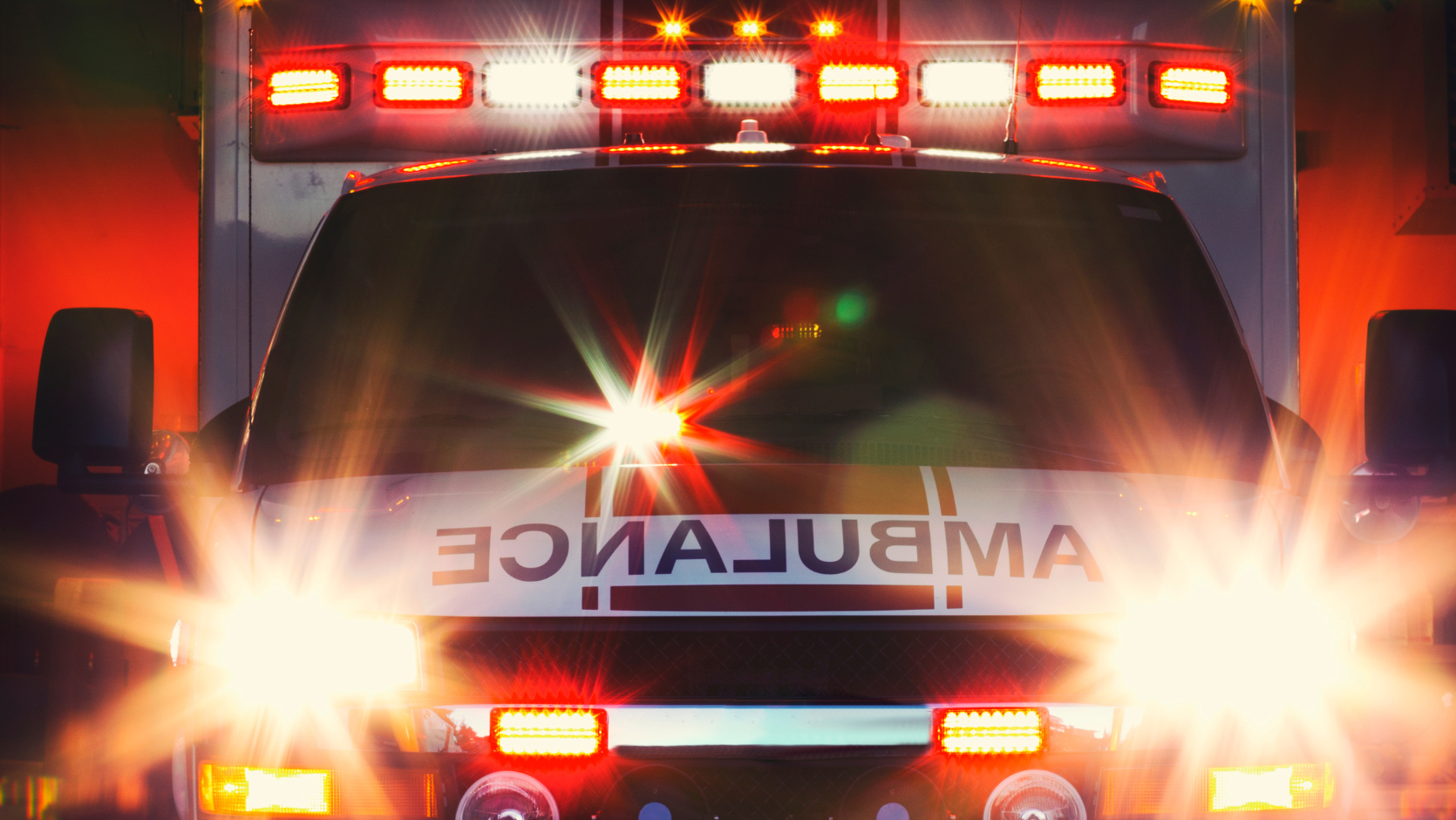The Facts
Ambulance called after woman suffers severe asthma attack
On the evening of 21 July 2002, a 25-year-old chronic asthmatic woman drove to her friend’s home in Cairns. She was wheezing badly as she walked into the house, so she walked back to the car to look for her Ventolin puffer.
Returning from the car after using the puffer, the woman requested to be taken to hospital.
As she and her friend were walking towards the car, she collapsed on the front lawn.
Her friend performed mouth-to-mouth resuscitation whilst awaiting the arrival of the Queensland Ambulance Services.
Patient’s condition improves after paramedic administers Salbutamol
Two ambulance crews arrived on the scene within six minutes and found the woman in respiratory arrest.
She had tachycardia, ie a rapid heartbeat of greater than 100 beats per minute. Her blood pressure was also very high.
The paramedic tasked with the making the treatment decisions concluded that the patient was “hypoxic and deprived of oxygen” and so he ventilated and oxygenated her.
He also administered Salbutamol, and found that it improved the patient’s condition, allowing air movement in and out of her lungs.
Patient’s condition worsens on way to hospital and paramedic administers adrenalin
The patient was placed in the ambulance for transport to hospital.
However, on the way there, her heart rate dropped markedly, her respiratory rate reduced and her blood pressure became absent.
The paramedic assessed cardiac arrest as imminent, and so administered adrenaline.
The initial dose had no effect but the second dose produced some return of cardiac output for 30 seconds.
It was at this point that the ambulance was directed to stop. The patient had air trapped in the pleural space, causing the lung to collapse, and so the paramedic performed an incision in the chest wall to allow the air to escape. This action decompressed the left lung and prompted an immediate improvement in the patient’s heart rate and blood pressure.
However, on arrival at hospital the patient had no respiratory effort and no carotid (neck) pulse.
More adrenalin was administered by hospital staff, provoking an immediate response with a carotid pulse becoming discernible and increasing.
Patient survives, but oxygen deprivation results in vegetative state
The medical staff had saved the patient’s life. However, she sustained severe brain damage as a result of oxygen deprivation.
She lived in a vegetative state for the next thirteen and a half years until she passed away in 2016.
Patient’s guardian initiates negligence lawsuit against State of Queensland
Prior to the patient’s death, her litigation guardian commenced negligence proceedings against the State of Queensland as the provider of the ambulance services.
After her death, the claim survived in the hands of her estate.
The case was decided by the Supreme Court of Queensland is in favour of the ambulance service, but this decision was overturned by the Court of Appeal. The case then made its way to the High Court of Australia.














Expert commentary on the court's decision
This test calls for wide acceptance of the professional’s conduct, which does not mean the majority of the profession has to make the same decision.
The decision also serves as a reminder that professionals are assessed against their peers. In this case, the court distinguished the standard expected at law of a paramedic from the standard expected of a specialist trained in emergency medicine, characterising it as a ‘less exacting standard than that expected of specialists in emergency medicine’.“
Court finds in favour of paramedic
In State of Queensland v The Estate of the Late Jennifer Leanne Masson [2020] HCA 28, the High Court of Australia granted the State of Queensland’s appeal.
The court found that the paramedic, Mr Clinton Peters, was not negligent in treating the patient, Ms Jennifer Masson.
Court considers standard of care for paramedic versus a doctor
In order to claim damages from the paramedic via the State of Queensland, Ms Masson’s estate was required to establish that the paramedic breached the duty of care that he owed to her as a patient.
To determine whether there was a breach, the court had to look at the standard of care owed by a paramedic and whether the treatment provided fell below that standard.
The High Court confirmed that the standard of care owed by a paramedic cannot be determined by consideration of the standard expected of specialists in emergency medicine.
Their Honours described the standard expected as that of the ordinary skilled emergency care paramedic operating in the field in circumstances of urgency. The High Court endorsed the findings of the Court of Appeal in this respect, that paramedics cannot be expected to make “fine professional judgments of a kind that require the education, training and experience of a medical specialist”.
Clinical practice manual only a guide
The court accepted that the CPM is not determinative of the standard of care for paramedics. The manual was a guide and assisted, rather than prescribed, decision making. It was not the law.
Paramedic made reasonable clinical judgement
The issues on appeal related to whether the paramedic had in fact made a clinical judgement and whether the paramedic’s decision to administer Salbutamol was reasonable, having regard to the CPM and to medical opinion at the time.
The court was satisfied that the paramedic had exercised clinical judgment and had not made a mistake about the interpretation of the CPM.
Although in his 2009 statement, Mr Peters had favoured an interpretation of the asthma flowchart that precluded treatment with adrenaline if the patient was not bradycardic, the court agreed that this was not his understanding at the time he treated Ms Masson. Rather, his actions on the night demonstrated that he had “made a clinical judgment, involving consideration of administering adrenaline, but had rejected that course because of the risk of a serious adverse reaction given Ms Masson’s tachycardia and hypertension.”
Administration of Salbutamol supported by body of medical opinion
The court found that the paramedic’s clinical judgment to administer Salbutamol was supported by a responsible body of medical opinion and was within the range of reasonable clinical judgments that an intensive care paramedic might make.
The court observed:
Court rejects argument that adrenaline preferred due to faster effect
The court rejected the estate’s timing argument, that adrenaline was the superior drug due to its faster effect.
This argument had been accepted by the Court of Appeal, notwithstanding that the trial judge’s attention had not been drawn to the parts of the CPM that referred to the timing of the effect of the drugs, nor had the expert witnesses been asked to address this issue.
In the High Court’s view, the Court of Appeal should not have accepted this argument.
Decision illustrates standard of care applicable to professionals
This decision, while factually tragic, illustrates the mechanism of the test applied when assessing the standard of care of professionals in negligence claims.
This test calls for wide acceptance of the professional’s conduct, which does not mean the majority of the profession has to make the same decision.
The decision also serves as a reminder that professionals are assessed against their peers. In this case, the court distinguished the standard expected at law of a paramedic from the standard expected of a specialist trained in emergency medicine, characterising it as a “less exacting standard than that expected of specialists in emergency medicine”.